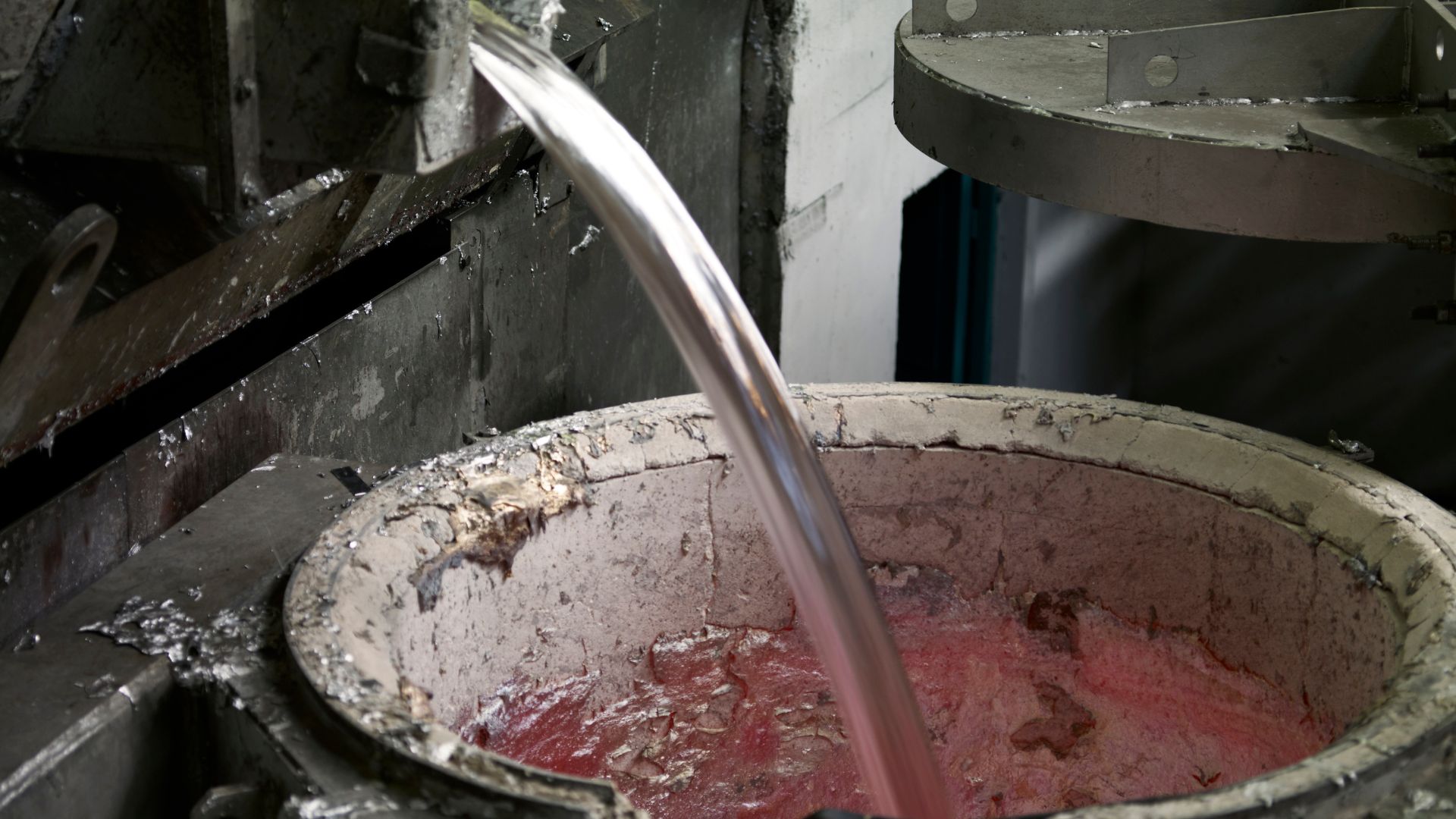Bussiness
Canada to debut world-first carbon-free aluminum production technology

A British-Australian mining company’s facility in Canada is set to debut a novel carbon-free aluminum smelting technology. This is in an effort to accelerate the shift to more environmentally friendly production methods.
The Elysis technology promises to replace traditional smelting, eliminating all direct greenhouse gases and producing oxygen instead. It will be installed at Rio Tinto’s Arvida smelter in Quebec.
The company will design, engineer, and build a demonstration plant at the smelter with ten pots operating at 100 kiloamperes (kA).
According to a statement, Rio Tinto and the Government of Québec, through Investissement Québec, will invest $179 million (CAN$235 million) and $106 million (CAN$140 million), respectively, for a total of US$285 million (CAN$375 million).
“This pilot operation will be a critical step in Rio Tinto’s learning journey towards full-scale industrialization of the Elysis technology,” said the firm.
Decarbonizing aluminum industry
Aluminum has long been the material of choice for developing sustainable products because of its strength, lightweight, and endless recycling possibilities.
Stricter emission regulations will force manufacturers and producers worldwide to concentrate on decarbonizing their operations and supply chains.
Elysis, a joint venture between two competing major aluminum industry firms—Alcoa and Rio Tinto—is helping in that mission. Through Investissement Quebec, the Canadian and Quebec governments have committed to supporting the Elysis project by each investing $58 million ($80 million CAD).
Elysis is an inert anode technology. The concept is simple. In a traditional electrolysis cell, alumina (a combination of aluminum and oxygen) is placed with an electrode and a carbon anode. This process separates aluminum and oxygen, with aluminum settling at the cell’s bottom and oxygen combining with the carbon anode, resulting in CO2 emissions.
In inert anode technology, the carbon component is eliminated. Without carbon, the separation of aluminum from oxygen only releases oxygen from the cell.
The technology offers a way to drastically cut the carbon footprint of numerous everyday products, such as those used in the consumer goods, building, transportation, and electricity industries.
According to the firm, its technology has the potential to cut yearly GHG emissions by about 7 million metric tons, or the equivalent of taking 1.8 million automobiles off the road, if it were solely used in Canada.
Furthermore, the developers claim that the technology also enhances occupational health and safety, lowers capital intensity and operational costs, and boosts productivity. It can be retrofitted into existing smelters and new installations.
Scaling up Elysis technology
Rio Tinto says that its new plant is anticipated to begin production in 2027 and will have the capacity to manufacture up to 2,500 tons of commercial-quality aluminum annually without directly emitting any greenhouse gases.
According to the firm, casting and alumina supply facilities can be utilized because of its proximity to the current Arvida smelter.
Through an offtake agreement, Elysis joint venture partner Alcoa will have the option to purchase a portion of the aluminum produced by Rio Tinto at the Arvida demonstration plant during the first four years.
“In addition to delivering even lower-carbon primary aluminum for our customers, this investment will allow Rio Tinto to build its expertise on installing and operating this new technology, while the Elysis joint venture continues its research and development work to scale it up to its full potential,” said Jérôme Pécresse, Chief Executive at Rio Tinto.
Furthermore, continuing its research and development, the joint venture is scaling up Elysis technology. Larger prototype 450 kA cells have been constructed at Rio Tinto’s Alma smelter, integrated at the end of an existing potline.
According to Rio Tinto, Elysis has commenced commissioning these industrial prototype cells, with startup scheduled for 2024.
ABOUT THE EDITOR
Jijo Malayil Jijo is an automotive and business journalist based in India. Armed with a BA in History (Honors) from St. Stephen’s College, Delhi University, and a PG diploma in Journalism from the Indian Institute of Mass Communication, Delhi, he has worked for news agencies, national newspapers, and automotive magazines. In his spare time, he likes to go off-roading, engage in political discourse, travel, and teach languages.


)






